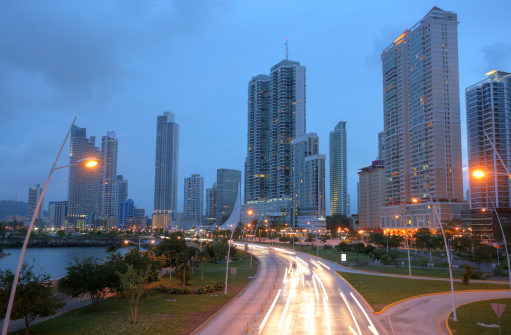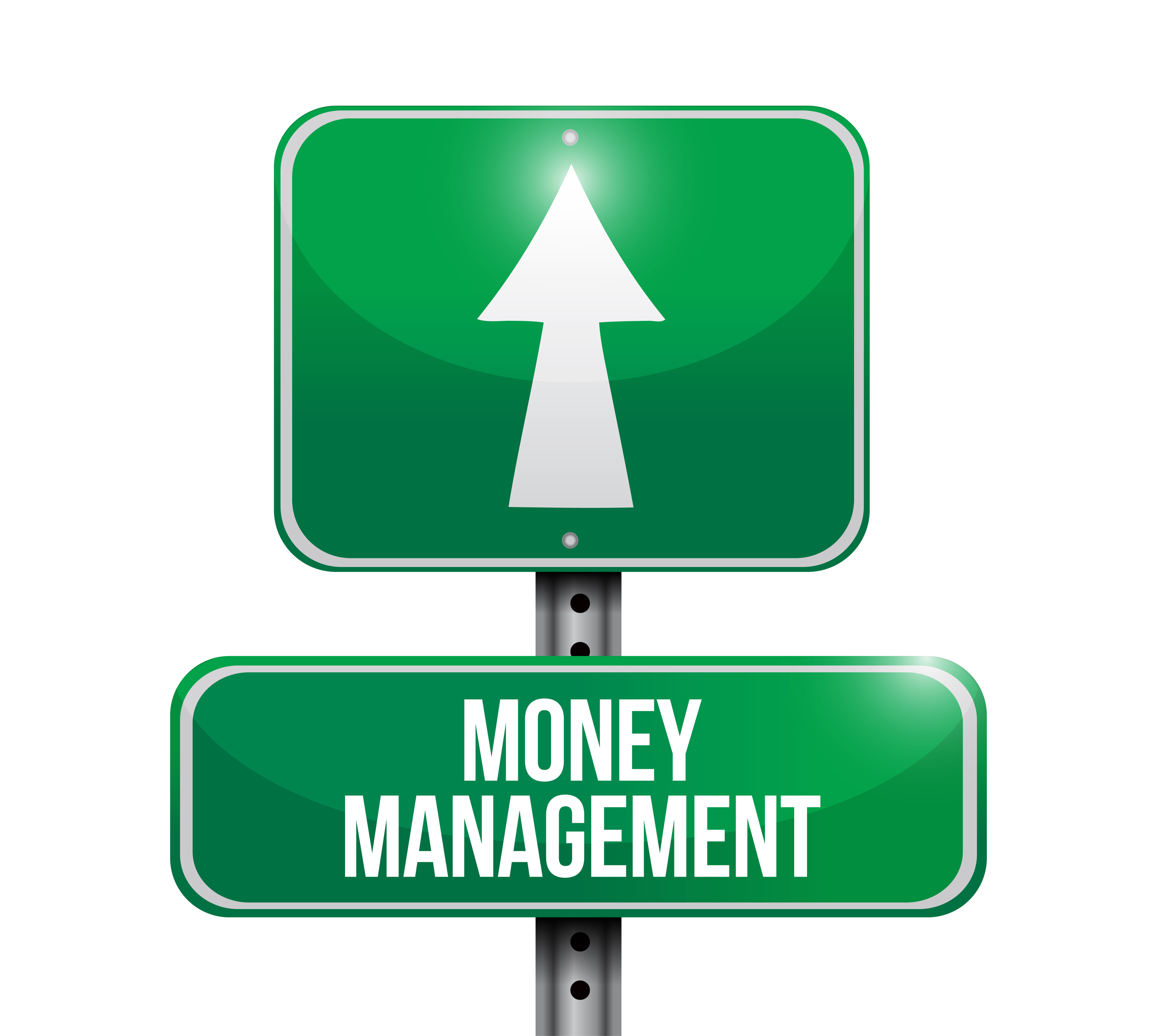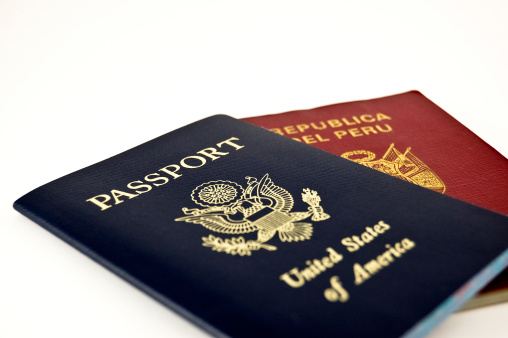Chile’s Tax & Economic Climate
The republic of Chile is one of the most business friendly nations on earth… as tax and business efficient as it is long. Chile’s focus on high-tech start-ups has brought a wealth of talent and business to this nation that is vying to be the Singapore of Latin America.
Chile is one of the longest countries on earth, spanning the southern portion of South America. It borders Argentina (primarily), as well as Peru and Bolivia. Its capital city Santiago boasts an ever growing population of 6 million and Chile has a total population of nearly 18 million… which is several times larger than my Panama at around 3 or 4 million depending on who you ask.
Chile is one of South America’s most stable and prosperous nations, leading Latin America in a number of important categories: human development, business and economic competitiveness, income per capita, economic freedom and a low perception of corruption. All of these combine to make Chile a dynamic and business friendly nation.
The two criteria I’d like to focus on are competitiveness and income per capita. As to income, it is just over $20,000 on average and nearly double many nearby nations. While this means labor is not as cheap as it is in, say, Panama, it also means that the work force is better educated, better trained, and more efficient.
Chile is especially competitive in technology start-ups and export. Exports to Asia and the U.S. account for 60% of the nation’s economy and Chile is pushing hard to become the center for tech start-ups in Latin America. For more information on this, please see my previous post on Chilecon Valley.
As a result, the once challenged Republic has become one of the most dynamic nations in the region. They’re now listed as a “high-income economy” and a “developed country” by the World Bank (as of July 2013, so a recent development). It is also the nation with the highest degree of economic freedom in South America, and 7th world wide.
As I look around the globe, I believe Chile to be one of the best places to form a new internet based business, or any business focused on high quality labor… rather than call centers and repetitive tasks.
And Chile’s economy has prospered, even during the recent downturn. Real GDP growth has been 4% to 5.7% over the last decade and the national debt is only 3.9% of GDP. It seems like many of Chile’s northern neighbors could learn a thing or two about how to run a country.
Driving this growth is a business friendly tax system which is compatible with the U.S. code and the Foreign Earned Income Exclusion. Basically, you can set up a business and operate tax free for 3 to 6 years before needing to deal with the local tax authorities.
First, Chile taxes local source income at 30%, where local means products and services sold in Chile. If you sell to customers outside of Chile (in the U.S., for example), this is foreign sourced income to Chile and not taxable in certain cases.
* For U.S. tax purposes, it doesn’t matter where your customers are located (in the U.S., for example), only where you and your business are based.
Next, wages you take out of a Chilean corporation are taxed at 0% to 40%, with the higher rate applying to a salary of $12,500 per month. Though, you are allowed to be a resident of Chile and draw a salary from a foreign corporation, which would not be taxed by Chile.
So, if your income and sales are made through a Belize offshore corporation, you draw a salary of $99,200 per person from that company, and qualify for the U.S. Foreign Earned Income Exclusion, you won’t pay any tax in Chile or the United States. You’re allowed by both the U.S. and Chile to retain earnings in excess of this amount in the offshore corporation and will only be taxed when you take a distribution.
I have assumed you are familiar with the FEIE. If this is new to you, or you are wondering what I am on about, please take a few minutes to read one of my more detailed posts on the topic.
As I said above, foreigners in Chile are taxed on international income after they have been tax residents for 3 or 6 years (the standard period of 3 years can be extended to 6 by filing a few forms.). During this time, the FEIE model works no matter how much you earn in salary, capital gains, or from any other source outside of Chile.
Once your 3 or 6 year honeymoon period is over, then you will pay tax in Chile if your foreign salary (from a Belize company) is over $153,000. So, the U.S. FEIE gives you $99,200 in 2014 and the equivalent Chilean tax tool gets you $153,000, tax free. This is why I say the tax code in Chile is designed to work seamlessly with the U.S. system.
Here are a few more tax benefits of living, working and doing business in Chile. For some of you, they may greatly outweigh the FEIE.
– Gaines from the sale of shares in a Chilean company held for more than 1 year are tax free.
– Gains from publicly traded companies are tax free.
– The sale of real estate is tax free (no capital gains, but VAT will apply).
– Reimbursements from housing, travel and all other expenses paid by your employer are tax free. Allocations from you employer are taxable as local salary, so some planning is advised.
If you are operating a business through a Chilean corporation, and have local profits, your corporate tax rate is 20%. Distributions to you are taxed at 35%, but you get a credit for the 20% tax paid by the entity… which should net to about a 15% personal income rate on corporate distributions. In the U.S., this would be 30% at the corporate level and then 40% + your state’s tax at the personal level.
Those of you who follow my columns know that Premier is based in Panama City and San Diego. If I were starting over, or about to launch a new division (which we are doing right now), I’d give serious consideration to doing that in Chile.
The climate of Chile is quite similar to California, if not the mirror opposite in terms of season. With everything from a dominant Pacific coast to some of the world’s driest desserts, Chile has just about all of the ecological diversity as did California 75 years ago. Chile’s summer is from December to February, autumn is March to May, winter, June to August and spring, September to November. Temperatures in the valley surrounding Santiago can get up there, but nothing compared to California’s Central Valley or El Centro areas (temperatures in parts of CA can be 115°F several times a year, and I’ve had the joy of 120°F on occasion).
When thinking about where to place a business, you need English speaking talent and telecommunications infrastructure. Chile has the most advanced telecom system in South America with an advanced microwave radio relay facility and its own satellite system that includes 3 earth stations. That is all to say that Chile’s telecom system doesn’t rely on the U.S. (NSA).
As of 2012, there were 3.3 million land lines and 24 million cellular phones, with all of the latest and best technologies available in Chile. According to the International Telecommunications Union, 62% of the population uses the internet, making Chile the country with the highest internet percentage in South America.
So, from my previous article, we know that Chile has the people and government sponsored programs to support your business. They also have an efficient tax system and the telecom infrastructure you require. Add to this the fact that Chile is focused on freedom and privacy, and I’m sold. Chile is not a banking center like Panama, and thus not as beholding to the U.S. and its push to control the world’s financial transactions.
* For more information on nations dependent on U.S banking and the dollar, see my posts on France and Russia’s attempt to replace the U.S. dollar and America’s $9 billion attack on BNP Paribas and FACTA.
If your business model requires the lowest cost labor available, such as a call center, then Chile might not be for you. If you need higher caliber tech oriented employees, strong IT and telecom systems, and a larger market than is available in Panama, you should consider a look at Chilecon Valley. If you’re looking to diversify out of the U.S., Panama and Chile are both strong contenders… but Chile is several more steps removed from Uncle Sam in terms of financial and personal freedom when compared to Panama.
I hope you have found this series on Chile interesting. For additional information on moving your business out of the United States, please give me a call or send an email to info@premieroffshore.com. We will be happy to work with you to structure your affairs in an efficient and U.S. tax compliant manner. All consultations are confidential.











